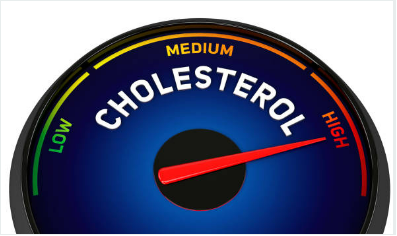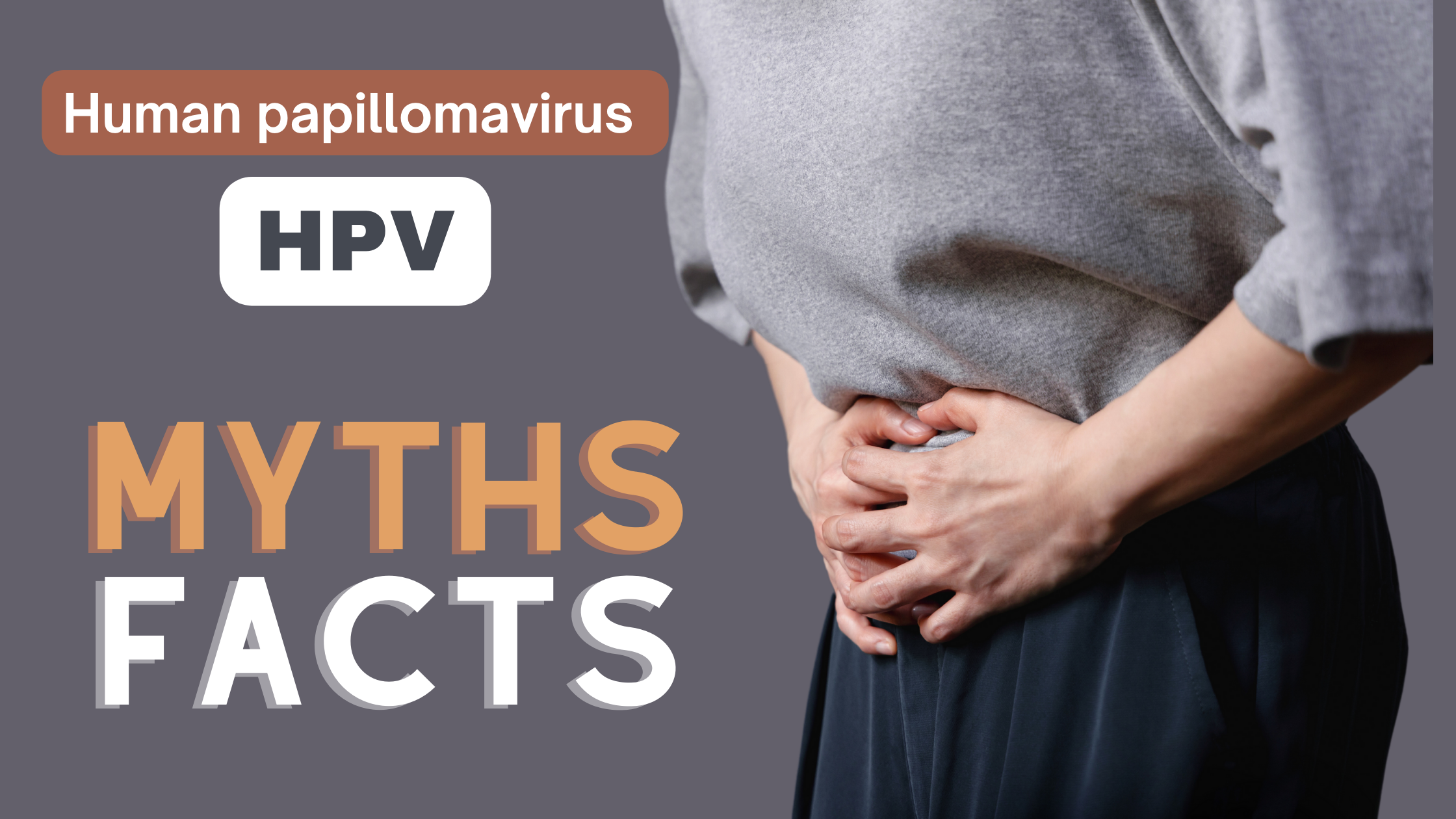1. What is cholesterol?
Cholesterol is a fatty substance that is essential for building cells and producing certain hormones. It is found in the cells of the body and various foods.
2. Why is cholesterol important?
Cholesterol plays a crucial role in building cell membranes, producing hormones (such as estrogen and testosterone), and forming vitamin D. It is necessary for the proper functioning of the body.
3. What are LDL and HDL cholesterol?
LDL (low-density lipoprotein) and HDL (high-density lipoprotein) are two types of cholesterol. LDL is often referred to as "bad" cholesterol because it can build up in the walls of arteries, while HDL is considered "good" cholesterol because it helps remove LDL from the bloodstream.
4. What is the recommended cholesterol level?
Recommends a total cholesterol level of less than 200 mg/dL. However, the levels of LDL, HDL, and triglycerides also contribute to the overall assessment of cardiovascular health.
5. What factors contribute to high cholesterol?
High cholesterol can be influenced by various factors, including diet, genetics, age, gender, and lifestyle choices. Diets high in saturated and trans fats can raise cholesterol levels.
6. Can cholesterol levels be controlled through diet and exercise alone?
Yes, lifestyle changes such as adopting a heart-healthy diet and engaging in regular physical activity can help manage cholesterol levels. However, some people may also require medication prescribed by a healthcare professional.
7. How often should cholesterol levels be checked?
The frequency of cholesterol checks depends on individual risk factors. Generally, adults should have their cholesterol levels checked at least every four to six years, but more frequent testing may be recommended for those with higher risks.
8. What are the symptoms of high cholesterol?
High cholesterol typically does not cause noticeable symptoms. It is often identified through blood tests. However, the consequences of high cholesterol, such as heart disease, may present symptoms.
9. Are there foods that can help lower cholesterol?
Yes, incorporating foods like fruits, vegetables, whole grains, and sources of omega-3 fatty acids into the diet can contribute to lowering cholesterol levels. Foods high in soluble fiber can also be beneficial.
10. Can children have high cholesterol?
Yes, children can have high cholesterol, often due to genetic factors. Screening for cholesterol levels in children may be recommended in certain cases, especially if there is a family history of early heart disease.
11. What are statins, and how do they work in managing cholesterol?
Statins are a class of medications commonly prescribed to lower cholesterol levels. They work by inhibiting an enzyme involved in cholesterol production in the liver, thus reducing the amount of cholesterol in the bloodstream.






